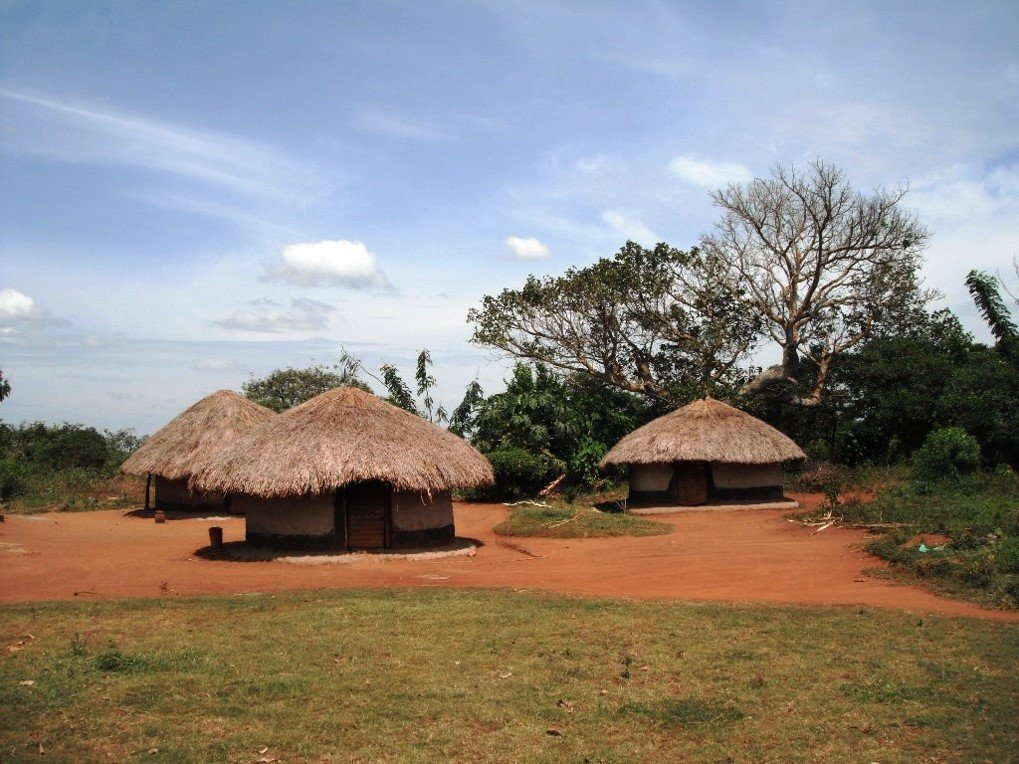health and sanitation
Half of the global population lacks access to safe drinking water, sanitation, and hygiene (WASH), resulting in approximately 1.4 million deaths and 74 million disability-adjusted life years (DALYs) in 2019, as per a report by the World Health Organization (WHO) and The Lancet. Dr. Maria Neira from WHO stresses the urgent need for investment due to increasing health risks from conflicts, antimicrobial resistance, cholera, and climate change.
Diarrhoeal disease is the leading cause of attributable burden, with over a million deaths and 55 million DALYs, followed by acute respiratory infections linked to inadequate hand hygiene, resulting in 356,000 deaths and 17 million DALYs.
In children under five, unsafe WASH led to 395,000 deaths and 37 million DALYs, accounting for 7.6% of all deaths and 7.5% of all DALYs in this age group. Disparities exist between regions and income groups, with the majority of WASH-related deaths occurring in WHO African and South-East Asia regions and 89% of deaths in low- and lower-middle-income countries.
These estimates only capture a portion of the burden, as WASH impacts extend beyond disease to affect social and mental well-being. Additionally, climate change is expected to worsen WASH-related diseases, which are not fully reflected in current estimates.


